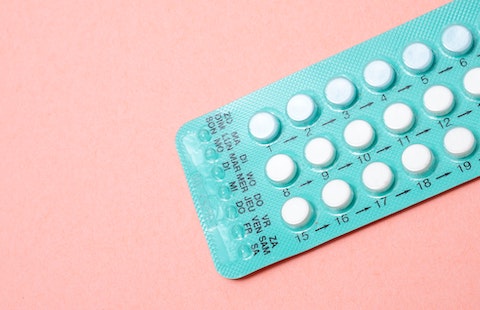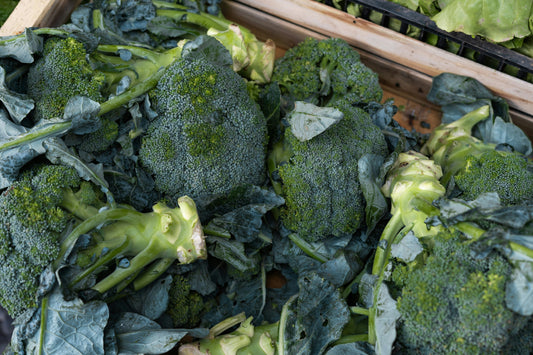Long-term medications can produce a range of different side effects, including nausea, drowsiness, and weight gain. However, another side effect that often goes unnoticed: nutrient deficiencies. The oral contraceptive pill (OCP) is notorious for this, and women often jump on it long-term without doing their research and not being aware of the potential risks and side effects.
How does the OCP reduce nutrient levels?
Firstly, the oral contraceptive pill works by introducing synthetic hormones into your body, which means there will be more hormones floating around. These extra hormones increase the load on your liver, which means more nutrients are required for the liver to do its job.
Secondly, the OCP has been shown to wreak havoc on your gut by reducing the integrity of the intestinal wall, meaning less nutrients are able to be absorbed. In addition to this, the OCP has also been shown to modify your gut microbiome, which are key players in our gut health and nutrient bioavailability.
Which nutrients does the OCP impact?
Studies comparing the levels of nutrients in the blood of those who take the OCP vs. those who do not take the OCP found deficiencies of folic acid, vitamins B2, B6, and B12, vitamin C, magnesium, selenium, and zinc.
Vitamin B6
This vitamin helps to prevent our blood from clotting unnecessarily, which means our risk of heart attacks and strokes climbs when you're on the pill. Vitamin B6 also plays a crucial role in our mood, calmness, sleep patterns, pain response, sexual desire, and blood glucose management. Foods that contain B6 include chickpeas, beef, fish, pork, poultry, eggs, wholegrains, potatoes, and nuts.
Vitamin B12
This vitamin helps our nervous system to function, and is also involved in the formation of red blood cells, DNA, and energy. Foods that contain B12 include; Red meat, poultry, pork, fish, dairy production, nutritional yeast, and eggs.
Folate (vitamin B9)
Folate is vital for the production of red blood cells and it also helps your baby’s neural tube to develop during the early stages of pregnancy. Coming off the pill and trying to get pregnant straight away, is not only difficult but it also adds risk to your pregnancy and the development of your baby. Supplementation of folate is key during pregnancy.
Foods that contain folate include; green leafy vegetables, beef, avocado, broccoli, and kidney beans.
Magnesium
One of my favourite nutrients, and one that so many people lack. Magnesium is required for over 300 reactions within the body including; energy production, muscle and nerve function, DNA production, our stress response, hormone production, and glucose management. Deficiencies can lead to a wide array of symptoms including; muscle aches, anxiety, headaches, fatigue, high blood pressure, PMS, and thyroid issues (the list goes on). Foods that contain magnesium include good quality dark chocolate, sunflower seeds, green leafy vegetables, avocados, bananas, black beans, chickpeas, and seafood.
Zinc
Zinc is another powerhouse nutrient that doesn’t quite get the attention it deserves. Zinc plays a key role in immune function, wound healing, and the metabolism of carbohydrates. Zinc is already deficient in NZ soils, so jumping on the pill is only adding fuel to the fire. Symptoms of zinc deficiency include a loss of appetite, acne, impaired immune function, impotence, hair loss, skin lesions, and diarrhoea.
Knowledge is power. If you’re thinking about using the pill, get informed and make sure you consider all of your contraceptive options. If it’s not for contraception, and you’re only using it to bypass your monthly nightmare, maybe it’s time you look into your hormone health. There is no point putting a band-aid over the situation.




